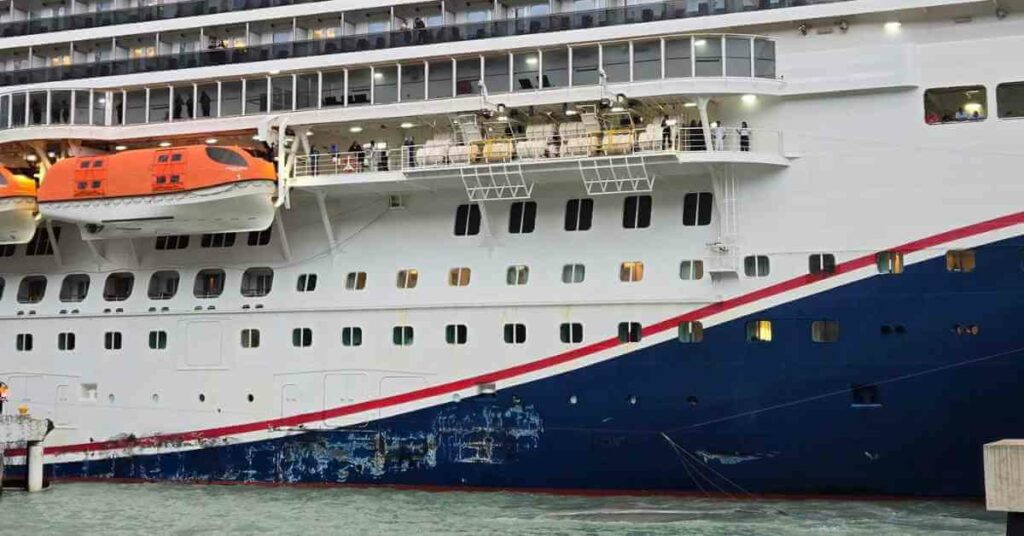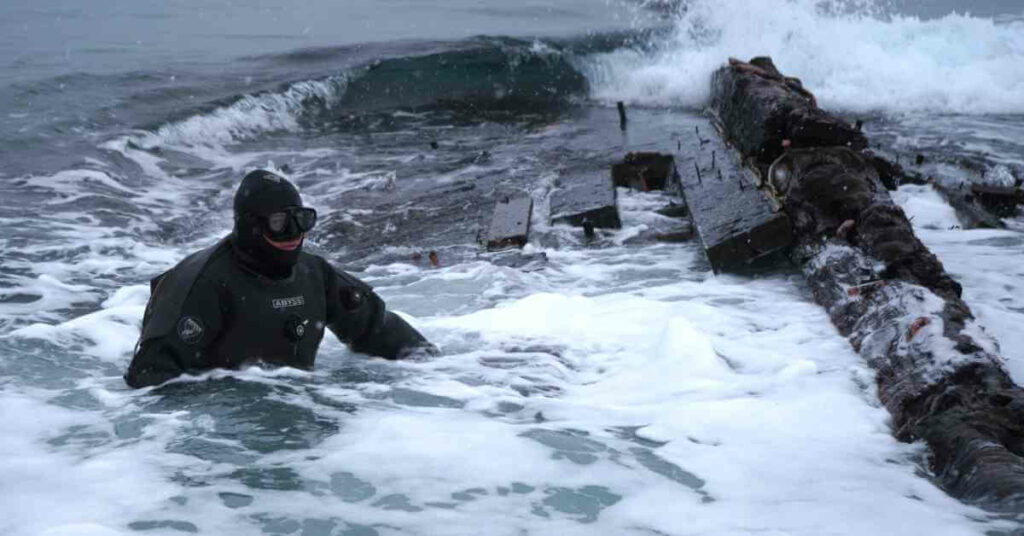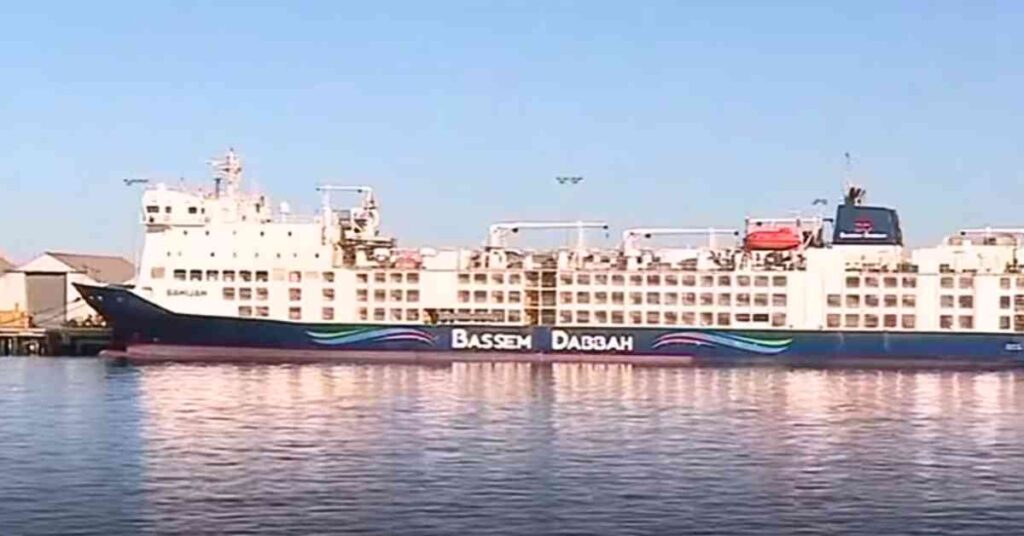Video: What Is IMO 2020?
IMO 2020 is a regulation that has shaken the maritime industry and the fuel oil market.
In the year 2016, during the 70th session of the Marine Environment Protection Committee or the MEPC meeting in London, the International Maritime Organization (IMO) took a landmark decision which will enforce a new regulation from 1 January 2020.
So what exactly is IMO 2020?
According to the latest regulation, the marine sector emissions in international waters be slashed even outside the emission control areas such as the North American coast.
The ships now will have to reduce sulphur emissions by over 80% by switching to lower sulphur fuels.
The current maximum fuel oil sulphur limit of 3.5 weight per cent (wt%) will fall to 0.5 wt%.
This regulation will see the largest reduction in the sulphur content of a transportation fuel undertaken at any time.
So the next question is Why this reduction and Why now?
One of the pillars of IMO is MARPOL – i.e. Prevention of Marine Pollution by Ships in international water.
The ships use the lowest grade of fossil fuel today known as Heavy Fuel Oil along with some refined products such as Marine Gas Oil, Diesel oil, Intermedia Fuel Oil etc.
Most of the marine fuels which are used onboard ships use high sulphur up to 3.5%.
The burning of this fuel in ship’s main engine, Boilers, or Generator engine produces exhaust containing Sulphur Oxide (SO2), which then reacts with water, oxygen and other chemicals to form sulfuric acid and secondary inorganic aerosols.
Sulphur is also an Ozone Depleting substance, which causes harmful rays reaching the earth surface.
This then mixes with water and other compounds in the atmosphere and turns into acid rain, which is harmful not only to the environment but also to the humans, causing diseases like Asthma, lung cancer, stroke, pulmonary diseases etc.
But Why so Much Rush and Hype?
Following a typical business mind setup, most of the companies did not expect the regulation will come into force so early.
Even after the resolution was adopted on 28th October 2016, shipping company still believed that implementing such a strict regulation will not be possible, at least till 2020.
Now, everyone is rushing to the shipyard for fitting different equipment or retrofit the ships to ensure they comply with IMO 2020
Watch the video to understand IMO 2020 detail:
Impact on Shipping companies
One of the biggest impacts is the rise in the operating and preparation cost of the ships.
To understand the impact, let’s first understand how current ship owners can comply with this regulation. Reduction in the sulfur content can be done by-
- Fitting an exhaust gas cleaning system which will treat the exhaust and reduce the SOx emission to the desirable limit value.
- Shifting to a cleaner compliant fuel such as LSFO.
- Shifting to Alternate fuel such as Liquified Natural Gas, Methanol, Ethanol or Biofuel
- Using Shore Power when in Port
To comply with the IMO 2020, the shipping company have the following impact:
- Huge cost in fitting an exhaust cleaning system which can go from 6-12 million per ship depending upon the size of the ship
- Maintenance and operation cost of the exhaust cleaning system=
- Higher fuel bill if switching to cleaner compliant fuel. For a company having a fleet of 250 ships, the cost can go up to 1-1.5 billion when compared to using HFO.
- When using LNG fuel, which is costly, the owner needs to modify the engine and boiler for the consumption of LNG which will incur an additional cost. This all can cost up to 20-30 million US dollars per ship to the owner
Apart from the investment to procure technology or the compliant fuel, the shipowner will need to
- Invest in training of the seafarer for the technology fitted onboard ship such as exhaust scrubber etc.]
- Clean and dedicate a tank for low sulfur fuel
- Make arrangement to store LNG onboard ship
- Make arrangement to bunker LNG onboard ship
- Fuel oil transfer line modification to avoid contamination
- Compatible grade lube and cylinder oils
- Modification in engine and boiler to burn LNG fuel
- Comply with documentation and paperwork of the compliant fuel
There is no doubt that this new regulation will have a significant positive effect on the environment.
However, the increased cost of cleaner ocean freight shipping would get passed along to the shipper, and eventually, the consumer.
Over to you..
What are your views on the IMO 2020?
Let’s know in the comments below.
Do you have info to share with us ? Suggest a correction

About Author
An ardent sailor and a techie, Anish Wankhede has voyaged on a number of ships as a marine engineer officer. He loves multitasking, networking, and troubleshooting. He is the one behind the unique creativity and aesthetics at Marine Insight.
Latest Videos Articles You Would Like:
- Cruise Ship Damaged Due To Severe Weather, Passengers Stuck Abroad
- Archaeologists Examine 19th-Century Shipwreck Found On Canadian Coast
- Australia Stops Livestock Ship From Sailing Around Africa To Israel Amidst Houthi Attacks
- Iran Warns U.S. Of Targeting Cargo Ships Following Latest Airstrikes On Houthis
- Watch: Ukrainian Forces Destroy Russian Missile Boat In Black Sea Operation
- Two Dead After Tragic Collision Between Water Taxi And Passenger Ferry In the Philippines
Subscribe To Our Newsletters
By subscribing, you agree to our Privacy Policy and may receive occasional deal communications; you can unsubscribe anytime.















